Molly placed 4th place in the Venus Index Transformation Contest. She did a great job and in just 12 weeks completely transforming her body.
In college, she played lot’s of sports and as a teenager gaining weight didn’t seem like a threat and staying lean wasn’t really a problem.
After she left school and started working, her lifestyle changed, more stress in her life, more food options and hormonal change caused her to gain weight. It was a slow process, so it wasn’t noticeable at first, but after a while she started to notice.
When you are young and playing sports all the time, getting and staying fit doesn’t seem like a big challenge. However, when you get older and life starts to get in the way, things start to change.
The vast majority of people stop working out or playing sports after they get out of school. Usually work is more important than health or being fit and suddenly it overtakes your whole life without you noticing.
It may be harder to get in shape and stay in shape when you’re in your 30’s compared to when you’re a teenager, but it is definitely possible and just requires some effort on your part.
She went to fitness conferences, started learning about hormones and their impact on weight loss and weight gain.
Nothing really seemed to work and if you have been in the fitness community for a while you know why, there is just so much misinformation that it’s almost impossible to get in shape without quitting your job to do so. However, this is just a bad perception that is rooted in the current fitness marketing.
Long story short Molly tried pretty much every diet and approach to weight loss.
After a while she found Brad Pilon and read his Eat Stop Eat book about intermittent fasting. After she read it, she was confused a little bit, so she actually called Brad and asked him about the specifics of his approach.
This was enough for her to start fasting.
She gave intermittent fasting a try and started fasting for 24 hours once a week for the next month. She found herself having difficulties going through the fasting (which is not unusual) as it takes several weeks to get used to.
Eventually she stopped fasting, it just didn’t feel like a good fit for her and she had a hard time keeping up with her workouts. Like she said in the interview, she just wasn’t ready for such a huge change, which was mostly mental.
As days past by she started wondering how some of her girlfriends manage to stay really lean year after year and the hormonal changes that she blamed for her problems seem to not affect them at all.
Deep down she probably knew what the answer is, but just didn’t realize it at that time. When she asked them, how do they do it. The answer was pretty simple: “I just don’t eat throughout the day.”
This was it. A few days after she started fasting again and this time she really stuck to it. Now she was ready and wanted to fast. And as she found out each fast was easier and easier until it became something she didn’t even have to think about.
You get stronger each time you fast and after a while fasting will start to feel natural. If you keep yourself busy during the day then you won’t even notice that you haven’t eaten yet and because most people experience an increase in alertness and productivity during a fast it’s kind of a win-win approach.
Aren’t You Starving Yourself?
The only problem she had to face was fasting around her close friends. When she went out to the beach with her girlfriends it didn’t take long for them to find out what she was doing.
They immediately started asking question and wanted to know whether what she was doing and how she could go the whole day without eating.
This is something you have to account for. Like Molly said, in a group of friends, when somebody doesn’t eat they will know it.
For Molly it was hard to fast around friends, because she was faced with just so many questions – why are you doing this? what about your metabolism? etc.
At the end Molly showed her pictures to her friends and they were really impressed. Now people are asking HER what she does and what should they do to get in shape and stay fit.
In the interview she also mentions the benefit of interactions she had on the Venus Index Community and how that helped her stay on track, get the right answers and keep motivated throughout the contest. The community provides the option to talk to the like minded people, who are not going to judge you and are on the same page as you, and have same goals as you.
The Last Weeks before the End of the Contest
The last weeks required a lot of mental effort to stay strong and finish strong. At the beginning it was fun, but it slowly evolved into a “I need to get serious about this” approach.
At the beginning she would weigh herself every week and was obsessed with numbers. And losing and gaining pounds of weight back and forth was discouraging, so she put the scale away for the remainder of the contest and decided to just weight herself at the end.
Weight loss just isn’t linear, so focusing on how many pounds you lose or gain on week to week basis might be discouraging and drive you insane.
Sometimes it not helpful to monitor your weight this frequently.
Molly also tried tracking her workouts in a calendar, but that didn’t work for her either. Everybody is different and you should find a way that suits you the best.
For Molly tracking her body weight, workouts and calorie intake didn’t work, but what did work was preparing for and planning the weak ahead. If there was a big party during the upcoming week, she would try to fast before and after the party and even lower her calorie intake before she would actually go out that day.
Her diet consisted mostly of raw and organic low calorie choices that helped her watch her calorie intake without having to actually keep a meticulous count of her daily caloric intake.
If she was at the airport she would have fruit instead some chocolate bar. Another thing that she found helpful was protein supplements. She discovered that if she took a protein shake it would help her control her appetite and maintain a lower calorie intake. The key is to find things that work for your specific situation.
And for the last few weeks she even added 24 minutes of cardio after each Venus workout.
Despite her problems with her knees and all the social events she had to attend during the contest and all the traveling she did because of her work, she still managed to make a big change in her body. The photos speak for themselves.
Here is a summary of what Molly recommends to all women that find themselves in same place as she did before the contest:
- In order to be successful, you need to do everything – follow a good workout, have a good diet plan that is sustainable for a long period of time and most of all you need to be mentally strong
- If the scale sets you off emotionally, then don’t weigh yourself
- If tracking your calories doesn’t work then don’t record, just watch
- Eating very little processed food might help you watch your calorie intake
- Drink only water, no caloric drinks
- Limit your alcohol intake
- There is no excuse for not being in shape, so start today and go Venus
- You have to create a regime that is sustainable
- Find what works for you and stick to it
- You need to have an effective workout program that you enjoy
- There are many opportunities to give up, but if you stick to it the payoff is going to be huge
Listen to the interview here:
Podcast: Play in new window | Download
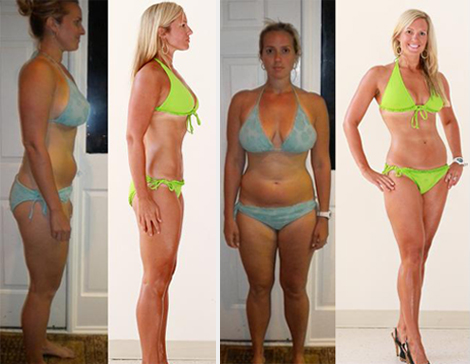
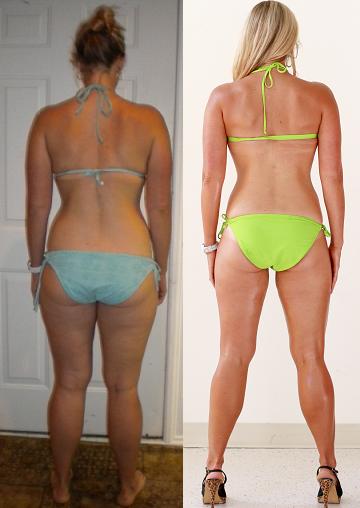
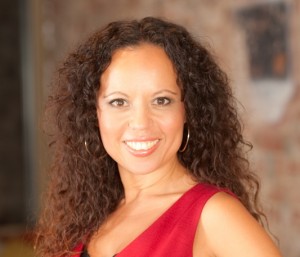
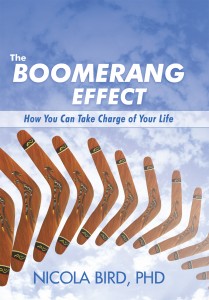
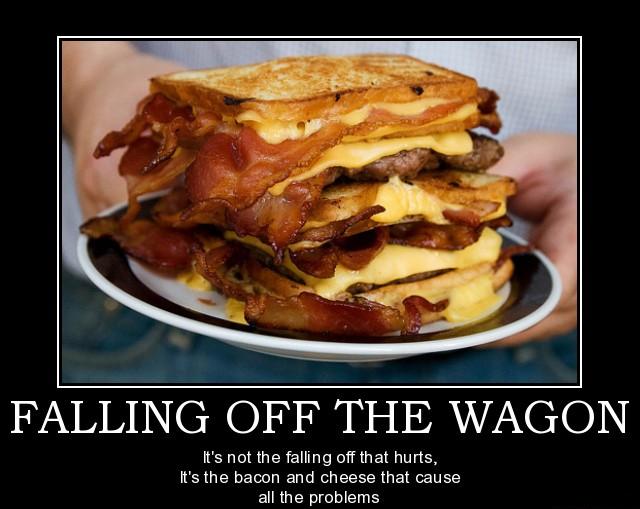
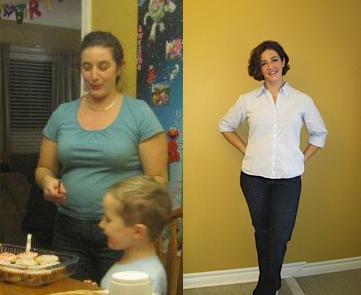
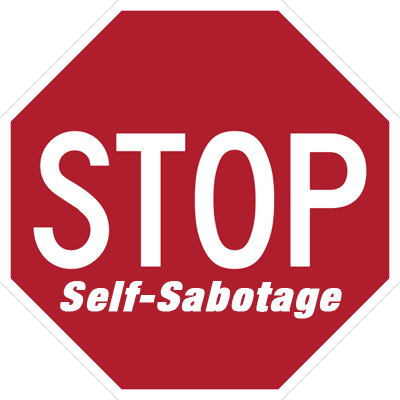
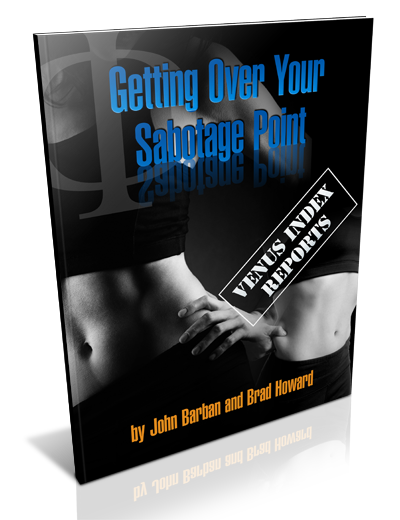
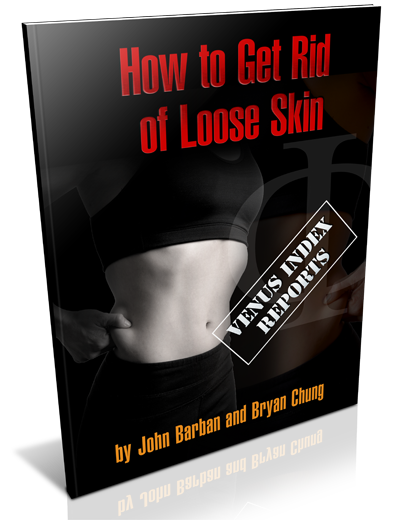
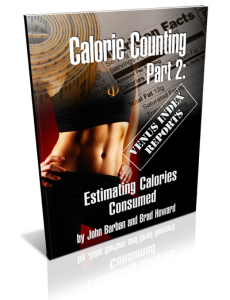
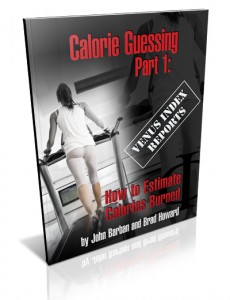
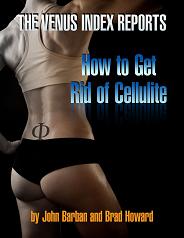

New Comments